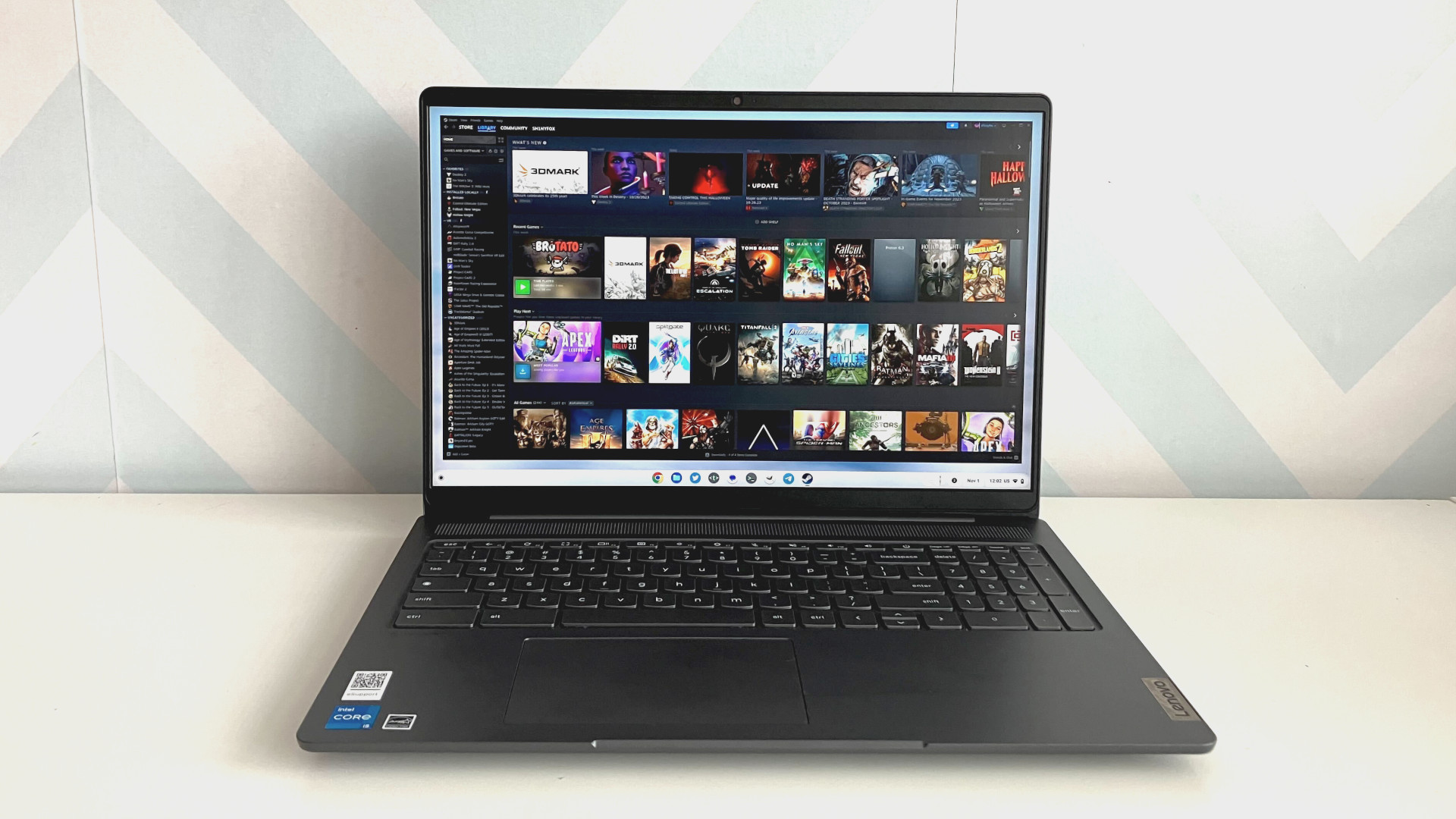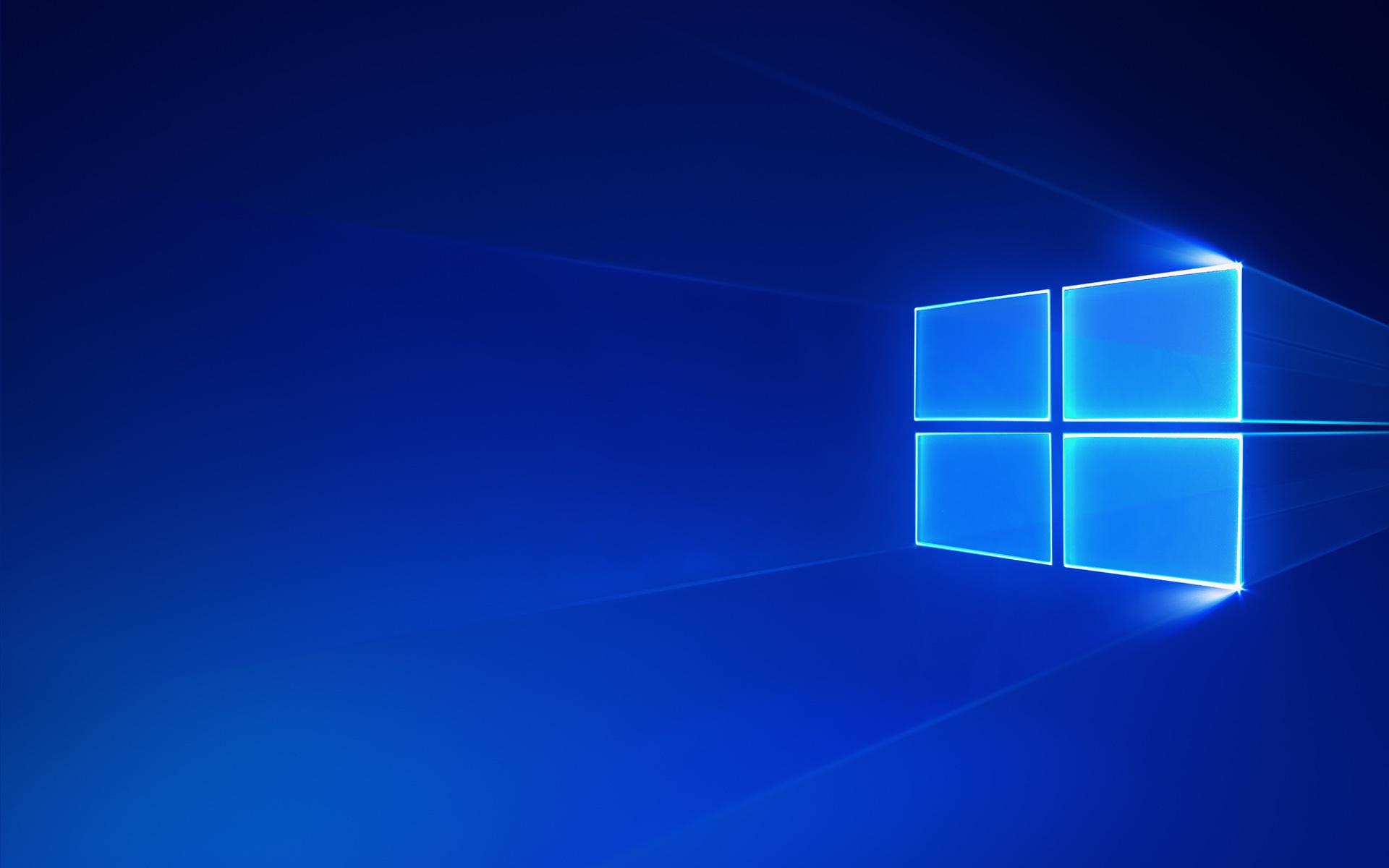Google extends a helping hand to Windows 10 users with its auto-updating ChromeOS Flex solution
Google's auto-updating ChromeOS Flex offers a stable future to Windows 10 holdouts.

What you need to know
- Google is pitching its ChromeOS Flex operating system as an alternative to Microsoft's Windows 10 once it hits its cutoff date, further stating that it will extend the lifespan of existing devices and reduce e-waste.
- Microsoft is set to cut support for Windows 10 next year in October.
- This move could potentially render millions of old PCs obsolete.
With ChromeOS Flex, businesses can install a new, auto-updating operating system on their existing fleet of Windows devices. This modernizes devices, extending their lifespan and keeping them out of landfills, reducing their attack surface, and saving on hardware refresh costs.
Microsoft's Windows 11 operating system has been available for almost three years now. However, its adoption has been rather slow for varied reasons, including the stringent system requirements for the OS.
Windows 10 continues to dominate the market share with a 66.45% stake, while Windows 11 comes in second with 27.83%. Microsoft has been urging users to upgrade to Windows 11 ahead of Windows 10's cutoff date, which is slated for October 2025. The tech giant has heightened pressure on Windows 10 users to make this upgrade, and was recently spotted using full-screen multipage popup ads to further this agenda.
As it happens, there might be an extended lifeline for users who may not be able to upgrade to Windows 11. Google will let businesses install an auto-updating version of ChromeOS Flex on Windows devices that are not eligible to upgrade to Windows 11, while simultaneously ascertaining security and sustainability.
For those unfamiliar with ChromeOS Flex, it's simply a version of Google's ChromeOS operating system that can be installed on x86-64-bit devices. Google has listed several reasons why users should consider transitioning from macOS or Windows OS to ChromeOS Flex, including its capability of extending the lifespan of existing devices thus preventing e-waste, energy efficiency, flexibility, and familiarity.
A Windows 10 alternative maybe?

Google's decision will allow users to continue using their old PCs, even after Microsoft cuts support for Windows 10. Last year, a public interest research group filed a petition asking Microsoft to reconsider its decision to cut support for Windows 10. The group pointed out that over 40% of users still run Windows 10.
Consequently, if Microsoft moves forward with its plan to cut support for the OS, it could potentially lead to "the single biggest jump in junked computers ever." This will push the company further away from its sustainability and environmental goals.
When Microsoft cuts support for its Windows 10, it'll no longer ship updates, new features, or bug fixes to the OS. This will leave users who continue using the OS susceptible to malicious attacks from hackers. However, Google's ChromeOS Flex OS will continue receiving regular security updates and features, thus allowing users to keep using their existing PCs.
Get the Windows Central Newsletter
All the latest news, reviews, and guides for Windows and Xbox diehards.
Microsoft introduced an "extended security update" (ESU) program for Windows 10, which is in place to allow users to pay for monthly security updates beyond Windows 10's end-of-support date. The ESU program adds three years of continued support from Microsoft for Windows 10 after officially cutting support for the OS.
Google says, "If you’ve used Chrome Browser or have Google Workspace, ChromeOS Flex will be a natural addition to your organization." And while ChromeOS stacks miles behind Microsoft's Windows OS market share, the former presents Windows 10 users with a more viable option that lets them retain their existing devices and continue to receive regular security updates (especially after Microsoft cuts support for Windows 10).

Kevin Okemwa is a seasoned tech journalist based in Nairobi, Kenya with lots of experience covering the latest trends and developments in the industry at Windows Central. With a passion for innovation and a keen eye for detail, he has written for leading publications such as OnMSFT, MakeUseOf, and Windows Report, providing insightful analysis and breaking news on everything revolving around the Microsoft ecosystem. While AFK and not busy following the ever-emerging trends in tech, you can find him exploring the world or listening to music.
-
naddy69 If support for Windows 10 is really going to end next year, then the Enterprise version of Windows 11 needs to have ALL of the "AI" stuff turned off by default, and can be locked down that way by IT. There is no way that Fortune 500 corporations are going to want "AI" running amok on corporate PCs, watching what everyone is doing and offering "suggestions" on how to do their jobs. That is beyond creepy. It is literally the Apple Big Brother TV commercial from 40 years ago.Reply
All of this "AI" hype seems like it might be fun for consumers to play with. But not for corporate users. All that crap needs to get out of the way so people CAN do their jobs.
